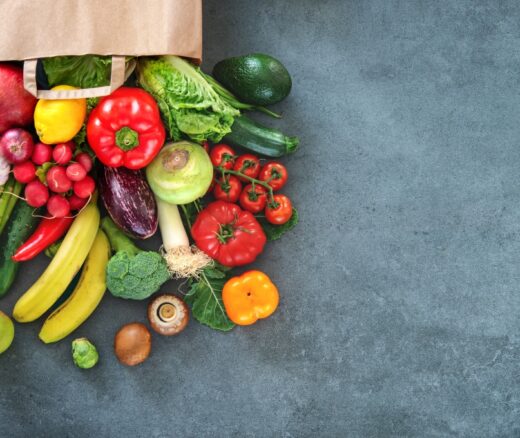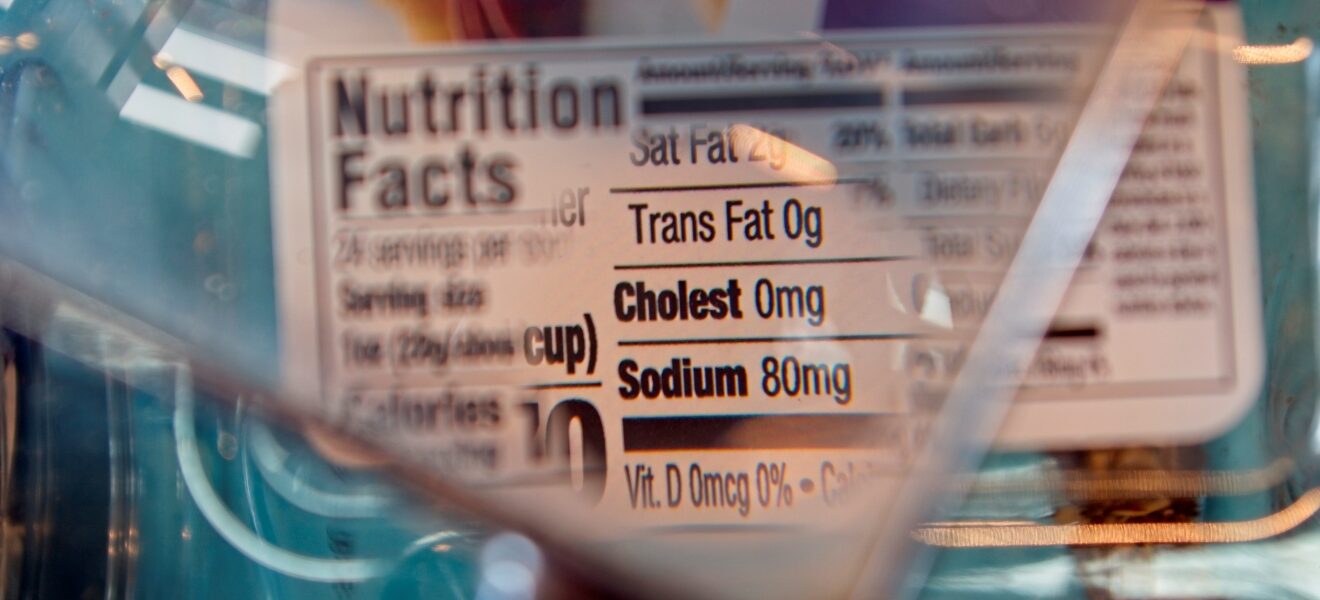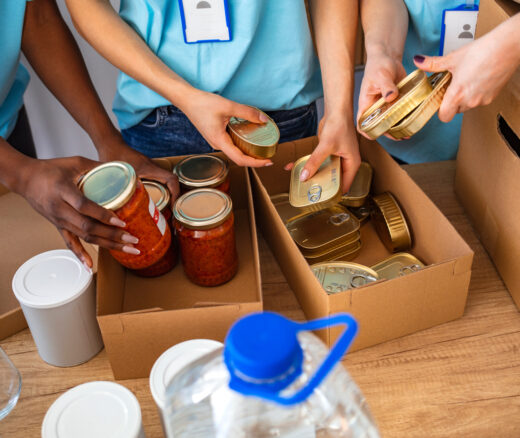
Understanding the Evidence: SNAP and Health
Six Studies That Highlight How Losing SNAP Can Raise Food Insecurity and Affect Health
Blog Post

The United States’ food policy is at a pivotal moment. We now have a chance to remove ultra-processed foods, the nutrient-poor “foods” made of lab-made chemicals and engineered to be addictive, from dinner plates and grocery store shelves.
Even with support from the “Make Our Children Healthy Again” report, this will take policy change at all levels. Local efforts are critical, particularly in schools. Pediatricians can inspire children and families to exercise their consumer power and buy fresh, whole foods instead of ultra-processed chips, soda, chicken nuggets, and the like.
We suggest three policies to reduce ultra-processed food consumption by children and promote a healthier food environment for all Americans.
Given how firms can declare food additives safe with no pre-market FDA approval through the federal “generally recognized as safe” or GRAS loophole, and the length of time it takes to change regulations on the federal level, state-level restrictions on potentially harmful food additives can fill federal gaps. Recently, several states have restricted common food additives, including brominated vegetable oil, potassium bromate, propylparaben, and Red #3, and similar legislation is pending in more than 20 states.
The U.S. must adopt an easily understood food labeling system to communicate the effects of ultra-processed products and the overall healthfulness of whole foods to allow for strict regulation.
Food marketing to children is exploitative. Research has found that young children’s food preferences can be influenced by the presence of cartoon characters on packaging. Given the potential to manipulate children’s dietary choices, UNICEF (United Nations International Children’s Emergency Fund) has found that food marketing violates their human rights.
The article “Decreasing Children’s Consumption of Ultra-Processed Foods: A Policy Roadmap” was published October 24, 2025 in Pediatrics Open Science by Deniz Cataltepe and Senbagam Virudachalam.



Six Studies That Highlight How Losing SNAP Can Raise Food Insecurity and Affect Health

Includes $1 Million in Donations to Meet a Matching Challenge

Government Regulatory Power Wanes as Power Accrues to Courts and Corporations

Temporary Shutdown Losses are Only the Beginning: New Rules Under the One Big Beautiful Bill Act will Shrink SNAP Benefits, and Worsen Food Insecurity for Millions Across the U.S.
Research Brief: Shorter Stays in Skilled Nursing Facilities and Less Home Health Didn’t Lead to Worse Outcomes, Pointing to Opportunities for Traditional Medicare

New Therapies Inspire Hope, Even as Access and Treatment Risks Continue to Challenge Patients and Providers